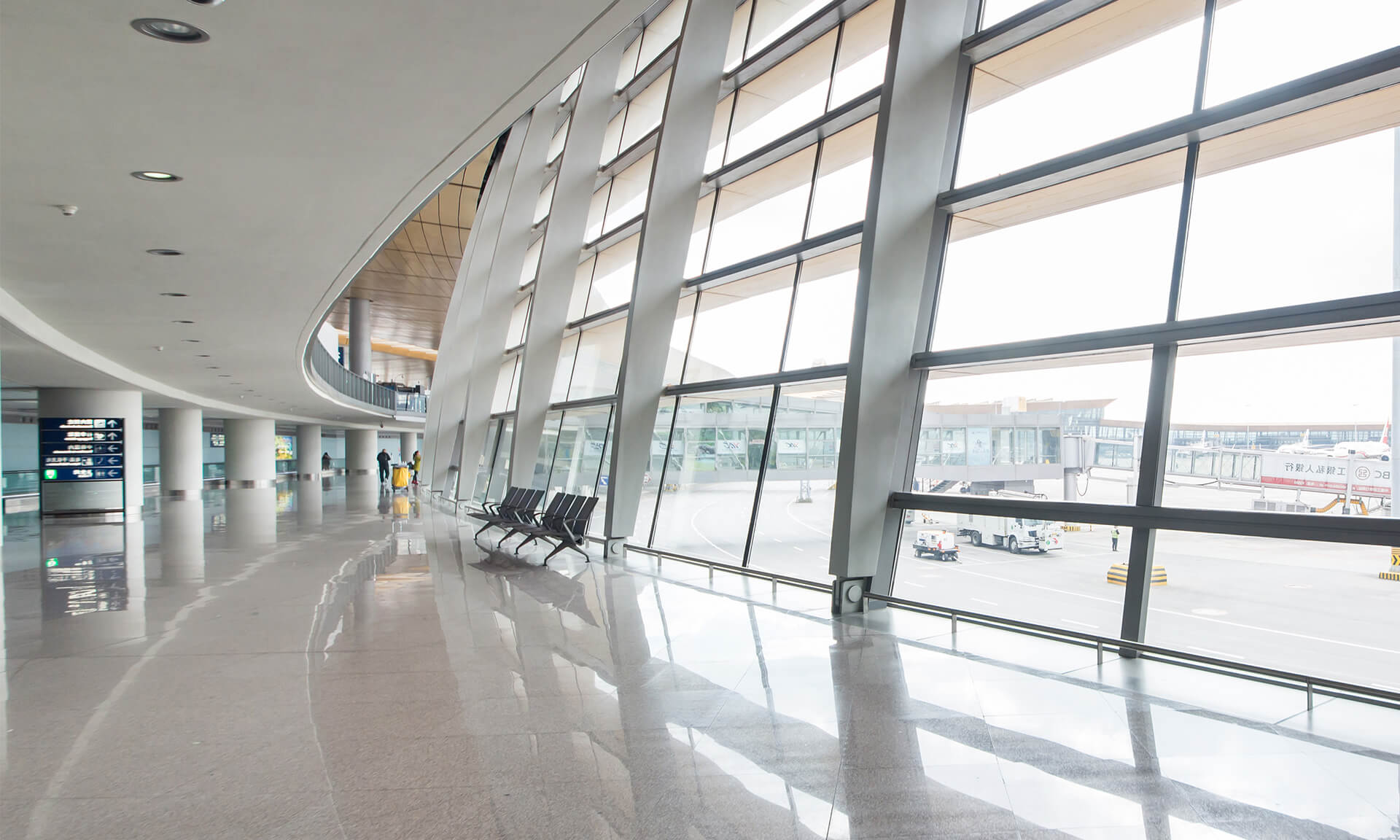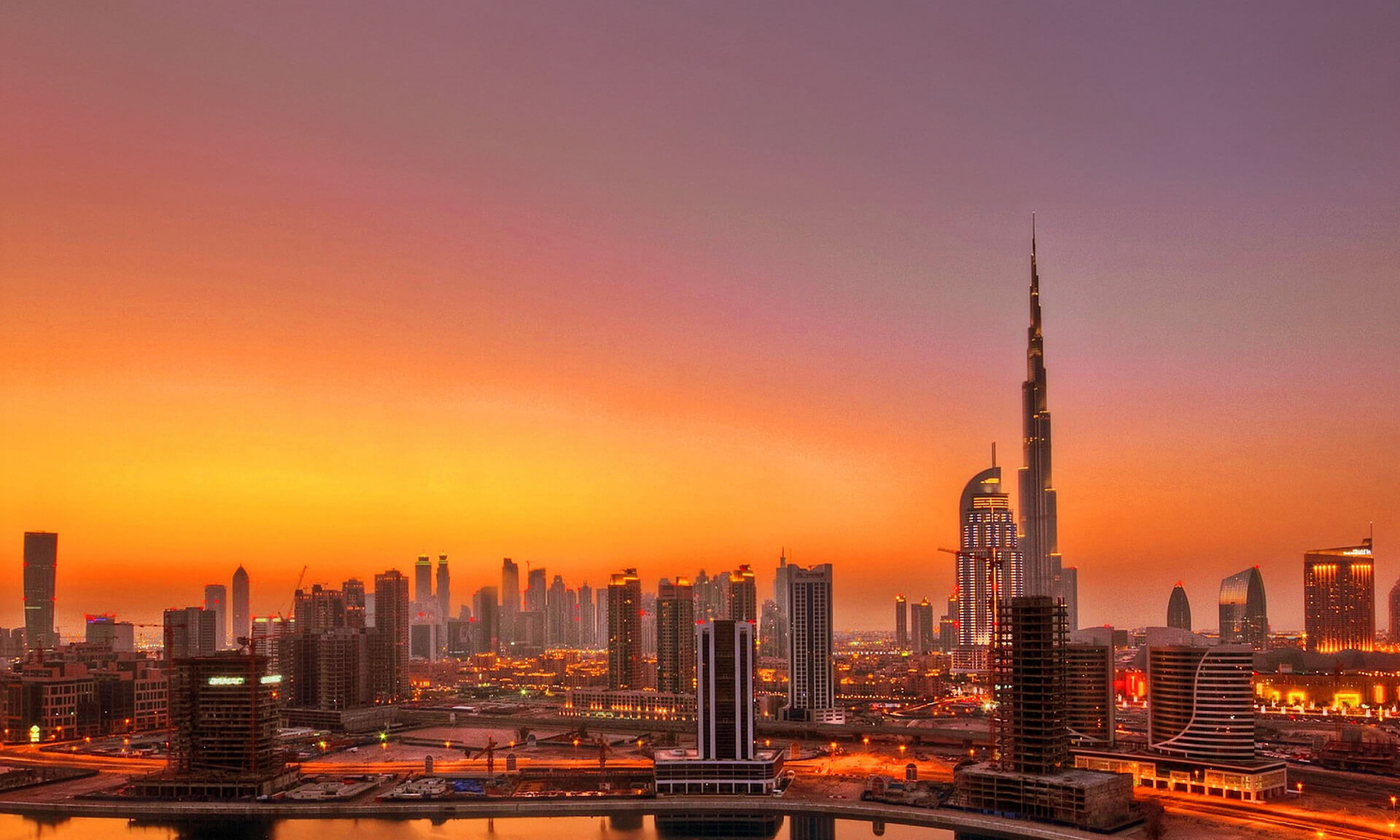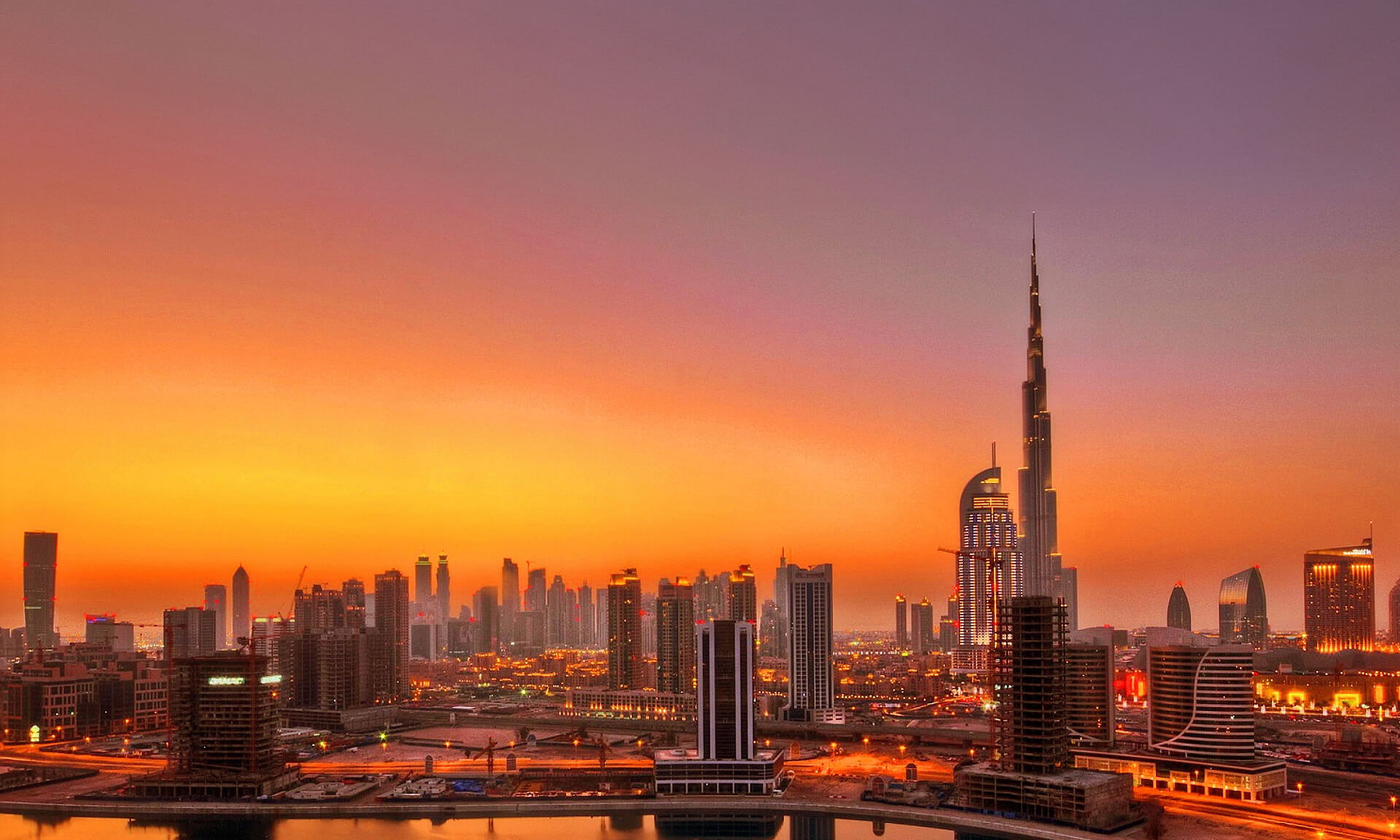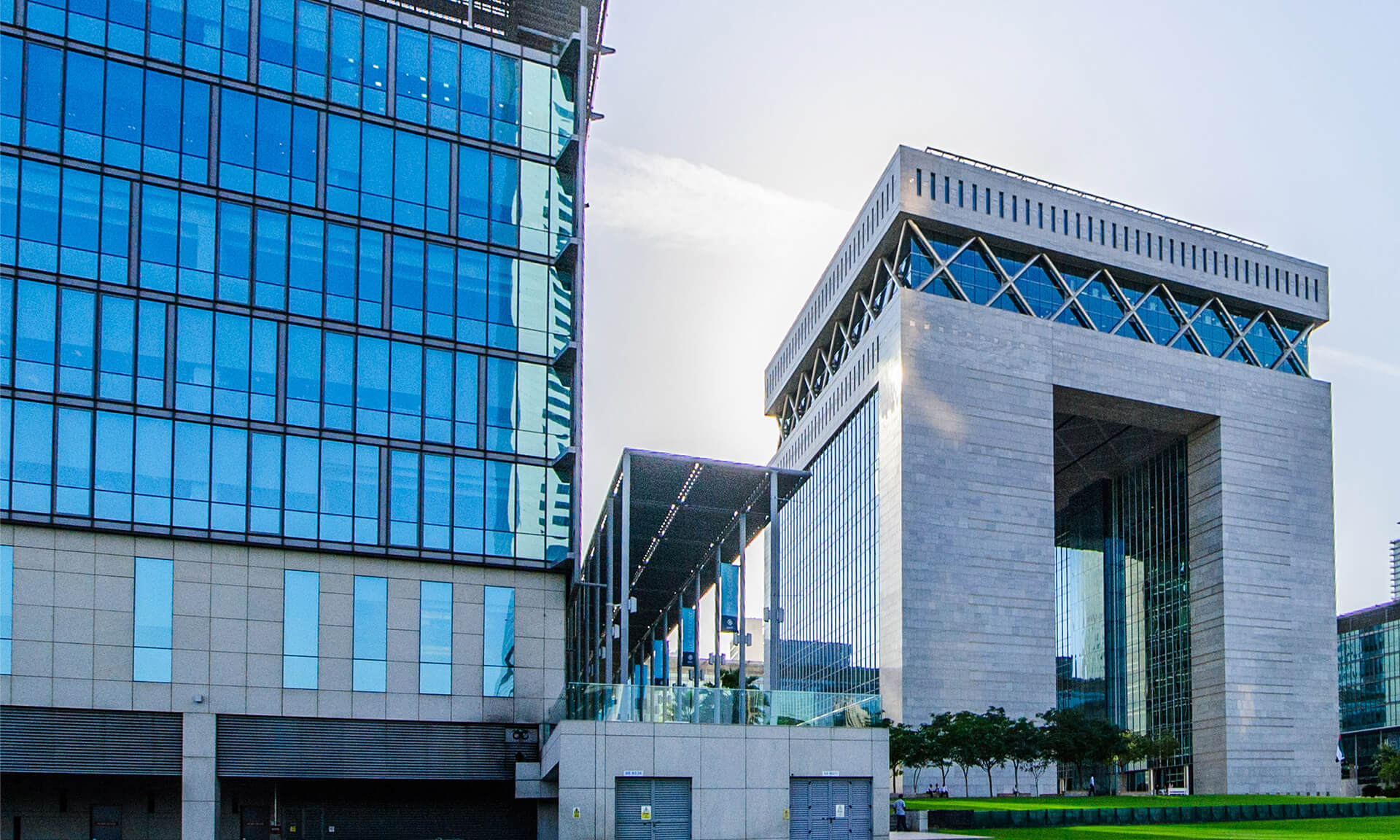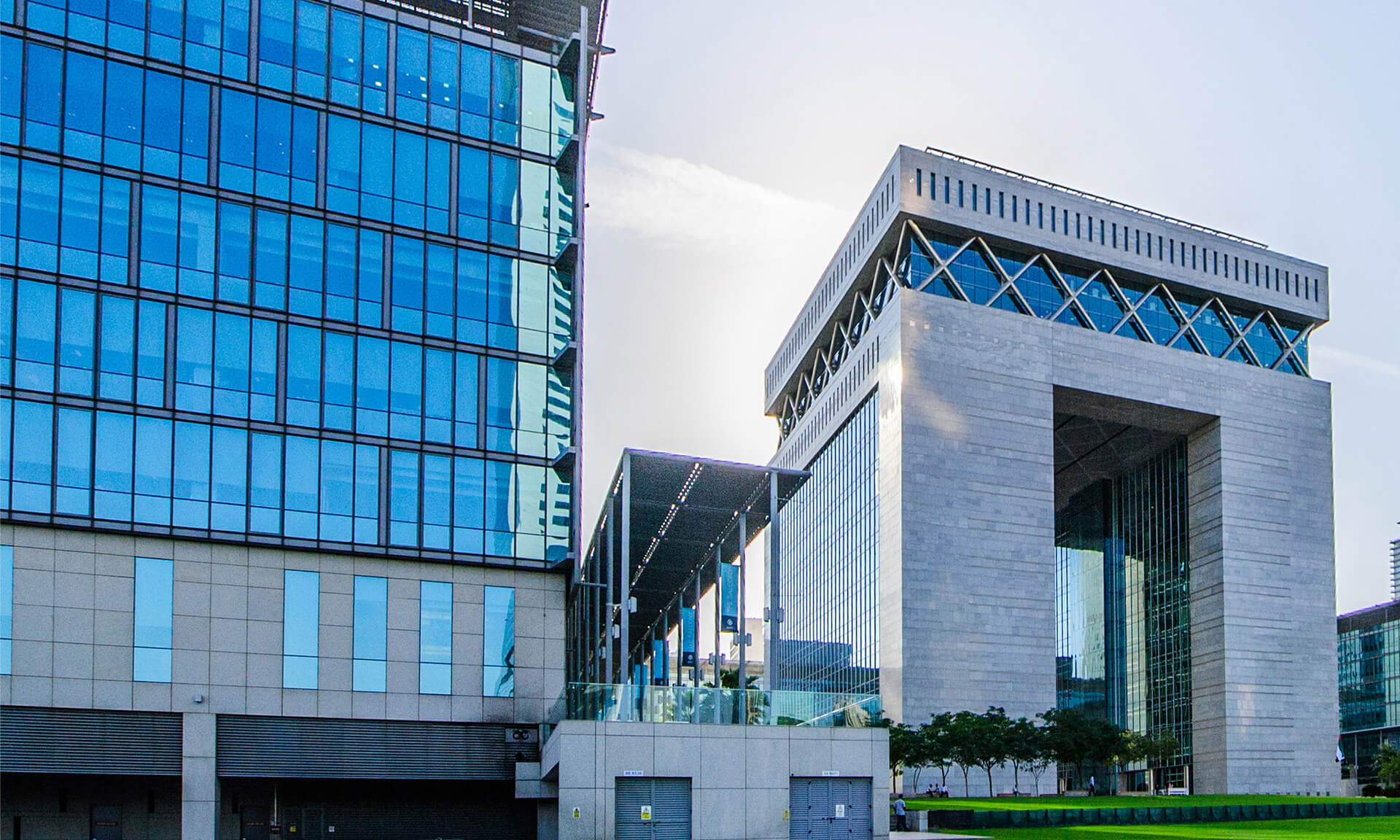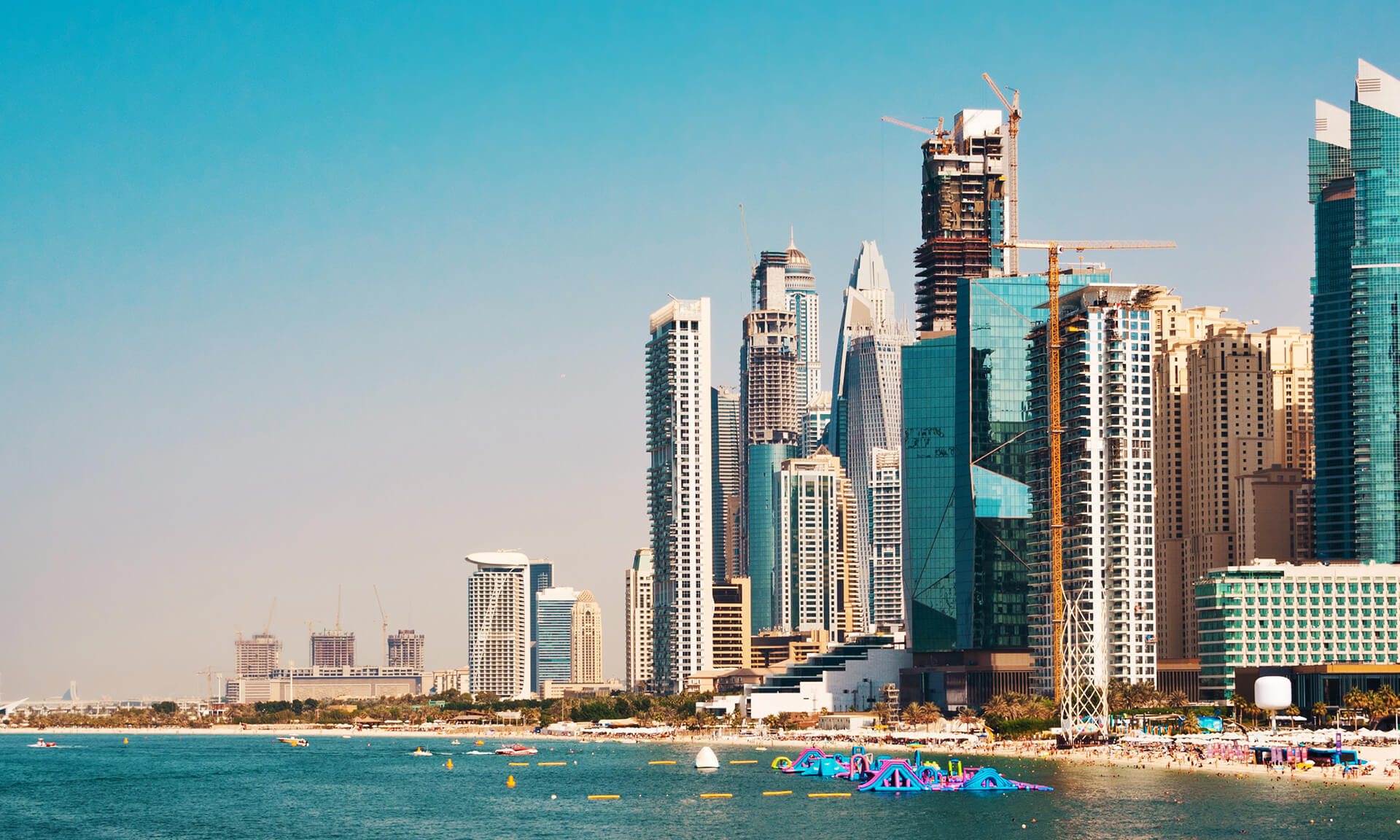Shifting a company’s operations into foreign soil for business expansion is usually a complicated, time-taking and costly affair and due to these very reasons, only a few companies venture upon corporate migration without solid economic reasons such as favourable labour and market conditions spurring business growth.
Both large and small enterprises can benefit from relocating overseas and only when there is a real-time strategically assessed move considering all possible benefits and hurdles. Though in general, the main reasons driving a business to migrate to another country are taxes, regulations, market access and labour cost, the situation this time is entirely different compared to the past as the recent covid pandemic is constantly demanding the companies to be more agile and resilient for survival and growth.
Brexit has been a source of uncertainty for UK based business entities ever since the country’s electorate voted for this decision. As the consequences were unknown and unpredictable, many global establishments including Panasonic, Barclay’s, Honda, Sony, HSBC shifted their European headquarters out of the UK to mitigate risks and challenges.
The European Union (EU) has long been the UK’s biggest trading partner and accounted for more than 40% of all UK exports and almost half of all UK imports in 2019. In all probabilities, the effect of Brexit on the UK’s business and trade over the next couple of years could result in
- Higher inflation
- Increased import/export costs
- Higher taxes
- Supply chain disruptions and logistics issues
- Skilled labour shortages
- Subdued market due to lower demand from the EU
Persistent business challenges of every kind are apprehended besides the prevailing higher inheritance tax even after the last-minute trade deal with the EU and the resumption of vaccination programs.
Many UK businesses are mulling over relocating their businesses to the UAE fully or partially and this was also confirmed in a survey conducted in the recent past when more than 30% of SMEs expressed their desire for complete relocation or additional facilities setups in the business-friendly and no-tax desert nation.
With UAE’s foreign ownership laws outlined in the country’s 2015 commercial companies law being amended, onshore companies will no longer require 51% of local majority shareholding effectively lowering overhead costs and easier business set up for foreign investors in both mainland and free zones in the country including the most sought after DIFC company formation.
The UAE has always been considered an attractive business destination for UK companies with more than 5,000 British business setups and 120,000 British citizens and expats residing in the country. The UAE also provides powerful business solutions exclusively meant for UK citizens.
Apart from mainland and DIFC, other UAE free zones are also becoming vastly tempting to the UK companies due to diversified platforms and easy and low-cost business setups and include DMCC company formation and JAFZA company formation. UAE free zones, besides 100% foreign ownership offer a plethora of other opportunities to the business communities than the onshore ones.
The UK has also proven and very successful track records in the field of finance, technology, FMCG, renewable energy, healthcare and IT which are in great demand in the UAE and other gulf countries further validating business relocations. It is also worth noting that the UAE is the largest export market for the UK in the Middle East region. Additionally, the UK is also the biggest foreign direct investor in the UAE with a great reputation for ethical business conduct.
Migration to the UAE by a UK company is simple and straightforward involving only shifting to a new jurisdiction while maintaining the same legal identity without affecting the customer base and brand identity.
Relocating your business isn’t an easy decision though, no matter how much more cost-efficient it may appear. If you are considering moving your company to another country several other things need to be considered that can ensure you make the most of the opportunities presented including business rules and regulations, cost of removing the existing setup, language barrier, culture and future market challenges.
Even when the Brexit challenges are kept aside, setting up a business establishment in the UAE has always been a compelling proposition due to the world-class infrastructure built over the years with unmatched communication, transportation, education and healthcare facilities besides zero corporate tax environment, 100% repatriation benefits on profits, multiple corporate structures availability and double tax avoidance treaties with 115 countries.











